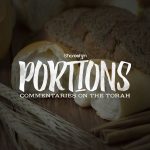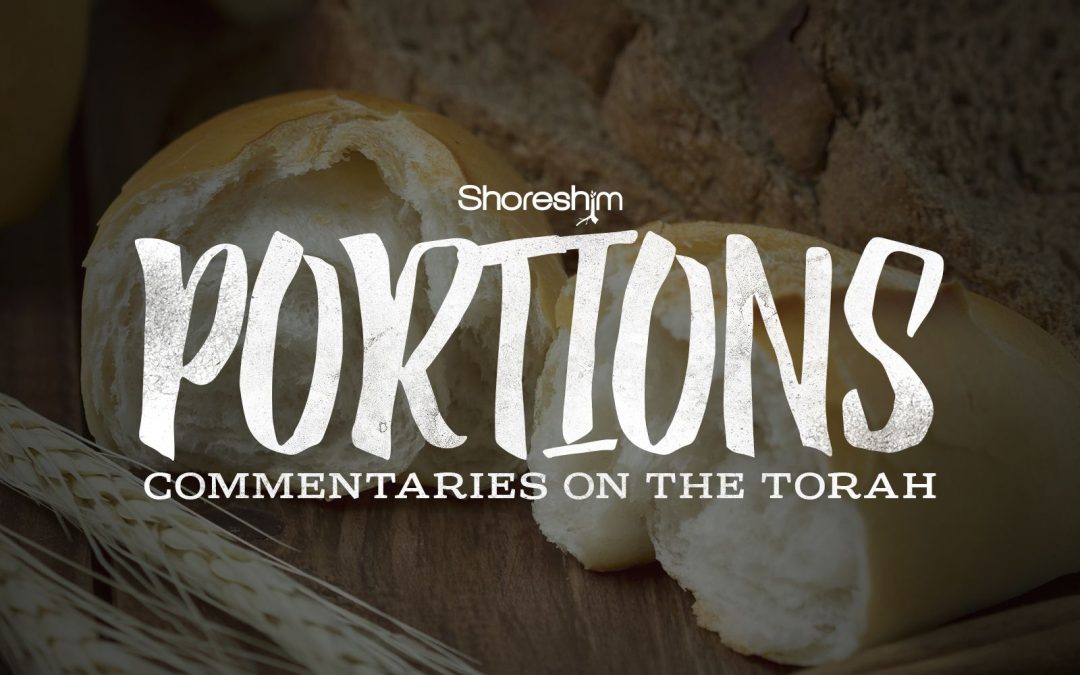
/
RSS Feed
This is our commentary on the portion Bo – “Come.” In this portion, we see the plagues coming to culmination and the deliverance of Israel from bondage. Coinciding with the Exodus is the introduction of the Passover. Hope you enjoy.
Download PDF by copying and pasting this link into your browser:
https://billcloud.com/wp-content/uploads/2018/07/Bo.pdf


I was wondering if you could put up the Torah portion earlier that Thursday. If it was put up on Monday, Tuesday, or Wednesday it would give us as leaders of a group more time to listen before hand and read the commentary so as to be prepared for the group on Friday night. Thank you for all your work. Karen Wedel
Karen. Done! They will start posting on Monday mornings. Blessings.
By copying your link to my browser, I cannot read the pdf. What do I do? Karen Wedel
Karen. I think the first thing I would do is refresh the browser and make sure that’s not the issue. If that doesn’t work let me know.
I have had a long time question. Is the firstborn son, the first child delivered like Jesus? I have two daughters and then my son came. Is he a firstborn son, since he is the first son I had after two daughters? Is the Torah consistent with this or are there different instances?
He’s obviously your first born son but he’s not your firstborn if you had two daughters first. I guess this question is relevant if you’re considering whether or not he would be considered the heir in a Biblical setting. Is that the questeion?
Karen; It appears that the link isn’t working at all. I just checked it out myself. I’ve contacted our tech support and asked them to look into getting it fixed. Unfortunately, it will likely be Monday before that happens. My apologies.
In Matthew 26 v17. It states the the Feast of Unleven Bread was before Passover but in Exodus it was after. Which is right
Larry. Observance of Pesach coincides with the first day of unleavened bread which continues for seven days. Unleavened bread doesn’t precede Passover. In Matthew 26:17, the words “day” and “feast” are italicized meaning that those words are not in the Greek manuscript. Translators assumed that this is what was intended. Without those words it would indicate that the season of unleavened bread was coming soon and thus it was necessary to make preparations for it. Hope this helps. Blessings.
Bill … Shalom
Thanks. Another great teaching!
In Shemoth 12:12, you provided some interesting comments regarding the Pesach Lamb and “slay it between the evenings”. There are some who take this verse and end up eating the Pesach on the night of Aviv 14. There is a verse that actually defines the word “evening” as follows:
Jer 6:4 “Set apart battle against her. Arise, and let us go up at noon. Woe to us, for the day goes away, for the shadows of the evening are lengthening. (ISR)
From this verse, evening is defined as the lengthening of the shadows, that then being from noon to sunset. Early evening would be “noon to 3 PM” and late evening between “3 PM and sunset”. Between the evenings would be 3 PM which also lines up with the Renewed Covenant Writings where Yahushua died at the 9th hour.
YHWH Bless
Bruce
Bruce;
Absolutely. Thanks for the details. Shalom.
Great teaching Bill, very through and long. I would not have been able to listen to that length if the content was not packed with good teaching. Worth every minute . A good cold day to worship the Passover Lamb. Tommy